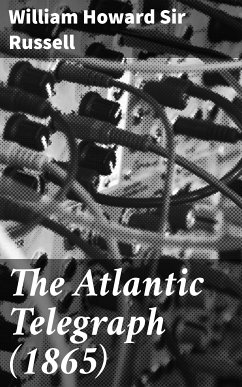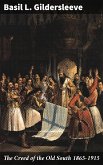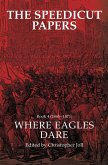In "The Atlantic Telegraph," published in 1865, William Howard Sir Russell masterfully captures the monumental project of laying the first transatlantic telegraph cable. With a narrative style that intertwines meticulous historical detail and technical insight, Russell explores the triumphs and challenges of this revolutionary endeavor, reflecting the Victorian era's fascination with scientific progress and imperial ambition. The book provides a vivid account of the international collaboration involved and the myriad of obstacles faced, invoking the spirit of innovation that characterized the 19th century while critiquing the socio-political ramifications of such technological advances. William Howard Sir Russell, a distinguished journalist and war correspondent, possessed a unique perspective on the intricacies of communication and its implications on global politics. His extensive travels and firsthand experiences during significant historical events enriched his understanding of the interplay between technology and society. Russell's keen insight into human affairs likely inspired him to document this pivotal moment in history, emphasizing its impact on modern communication and international relations. I wholeheartedly recommend "The Atlantic Telegraph" to scholars of technology, history, and literature alike. Russell's engaging prose not only informs readers about a defining achievement of the 19th century but also invites them to contemplate the broader implications of technological innovations on human connection and understanding. In this enriched edition, we have carefully created added value for your reading experience: - A succinct Introduction situates the work's timeless appeal and themes. - The Synopsis outlines the central plot, highlighting key developments without spoiling critical twists. - A detailed Historical Context immerses you in the era's events and influences that shaped the writing. - A thorough Analysis dissects symbols, motifs, and character arcs to unearth underlying meanings. - Reflection questions prompt you to engage personally with the work's messages, connecting them to modern life. - Hand-picked Memorable Quotes shine a spotlight on moments of literary brilliance. - Interactive footnotes clarify unusual references, historical allusions, and archaic phrases for an effortless, more informed read.
Dieser Download kann aus rechtlichen Gründen nur mit Rechnungsadresse in A, B, BG, CY, CZ, D, DK, EW, E, FIN, F, GR, H, IRL, I, LT, L, LR, M, NL, PL, P, R, S, SLO, SK ausgeliefert werden.









